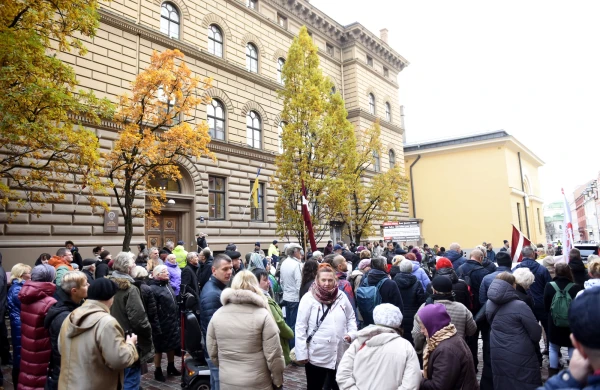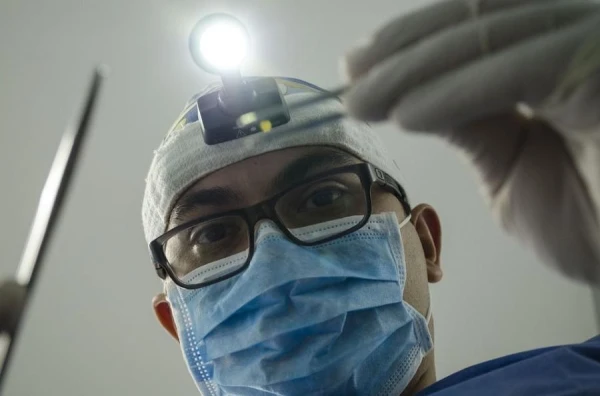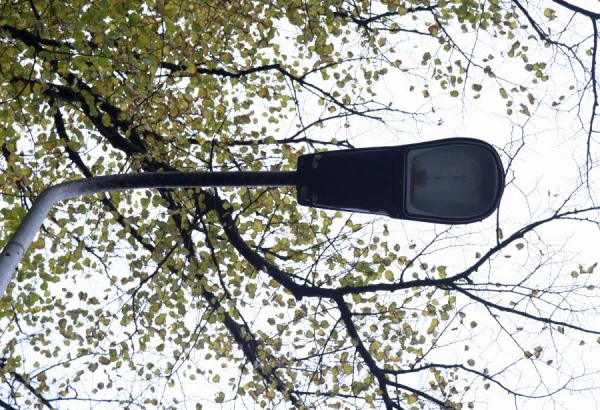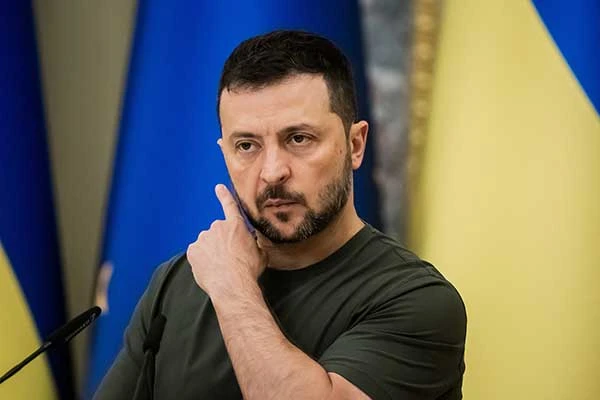
A month has passed since all former national minority schools were required to conduct instruction exclusively in Latvian. However, many educators claim that this is difficult to implement, as a significant number of students from former Russian schools do not speak Latvian or do not understand what the teacher is saying, TV3 news reports. In this regard, teachers call the reform a fiction and acknowledge that the intended goals have not been achieved. Is the situation really that bad, and what can be done?
One of the schools that educators are paying attention to due to the weak knowledge of the state language among many students is located in the Riga district of Čiekurkalns. This educational institution was previously known as a Russian school, but starting this academic year, it has been merged with the nearby 45th Secondary School, where historically instruction was conducted only in Latvian.
The reorganization of the school has led to changes in the staff — about half of the teachers have left. Kaspars Spunde, also a member of the Riga City Council, agreed to teach history from mid-September. He was warned in advance about the weak level of Latvian language proficiency among the students, but upon entering the classroom, he was surprised by the scale of the problem.
"About half of the students in grades 6 to 9, for whom I am responsible, have problems with the Latvian language," he confirms.
The problems vary — some do not understand what the teacher says, while others cannot respond, making it difficult to conduct lessons. Many students also have weak reading skills, which is why the educator expresses himself sharply — in this former national minority school, education takes place under conditions of functional illiteracy.
"Functional illiteracy is when you can read a text but do not understand what is written. They know the Latin letters, possibly from the English language, and can read the text written in the textbook at a third-grade level, but I suspect they do not understand what they are reading," Spunde points out.
Is the situation in Čiekurkalns a rare exception? Most likely not. A similar experience is shared by Edvarts Krusts, who worked as a teacher last academic year at another former national minority school — Riga 13th Secondary School.
"The main problem is that these former national minority schools are not 'former' because they continue to operate on an ethnic basis — either as a result of conscious policy or inertia. This means that most students come from Russian or Russian-speaking families. And if we imagine that more than half of the teachers come from the same background, there is simply no room for the Latvian language there," Krusts explains.
The State Education Quality Service (SEQS) recently conducted an analysis of how the transition to instruction solely in Latvian is proceeding. Experts concluded that difficulties are observed in about a third of the former Russian schools. The greatest problems are related to the inability of the directors of these schools to adapt to changes, as well as the work of the teachers themselves — some of whom, for whom Latvian is not their native language, experience difficulties in expressing their thoughts and make language errors.
It was also found that in many schools, lessons are still conducted in a lecture format — the teacher presents the material but does not create opportunities for group work or discussions in Latvian.
"We have practically not observed this in these schools, which, of course, indicates that children do not actually need to use the language during lessons, and their language proficiency does not develop," notes Maxim Platonov, director of the SEQS supervision department.
The SEQS also emphasizes that a key role in the successful transition to Latvian is played by the Latvian language environment, which, unfortunately, is often absent for these students both at school and, most likely, at home.
"And this is not only about the educational process but also about the informal part — about everyday communication, interaction among teenagers outside of school, in interest groups, and in a broader social context," adds Platonov.
Education Minister Dace Melbarde (New Unity), commenting on the SEQS assessment, points out that the situation can also be viewed from another perspective — in two-thirds of schools, the transition to the Latvian language is proceeding successfully.
Nevertheless, Melbarde acknowledges the existence of problems and links this primarily to the fact that previously, in national minority schools, the approach to bilingual education was formal:
"These children are now hostages of an underdeveloped or formal system. Therefore, each local government or other institution, such as a private educational institution, needs to draw conclusions. And I believe that the adults who have done this disservice to the children should take responsibility," the minister stated.
The Ministry of Education promises to continue supporting schools to ensure that education in the state language is of high quality and that children truly learn Latvian. This year, additional funding is again available to attract teacher assistants, speech therapists, and extended-day educators. However, as practice shows, these funds often remain unused — partly due to a lack of specialists in Latvia itself.












